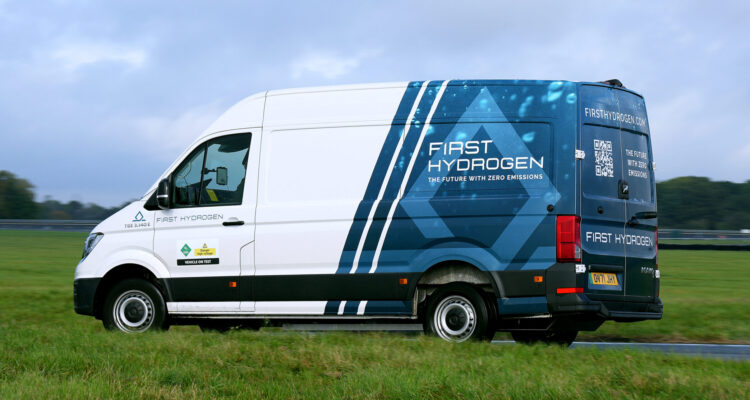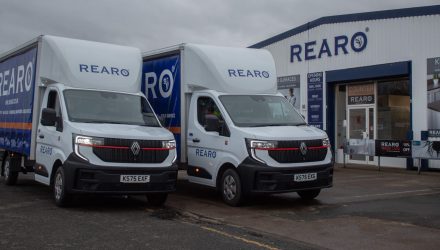Last week Ian Hare, Managing Director of Motor Management talked about problems affecting BEV vans. He suggested that the Government should place equal emphasis on development of hydrogen fuel cell electric vehicles (FCEVs) alongside battery electric vehicles (BEVs).
In his opinion, hydrogen fuel cell drive trains overcome many of the disadvantages of BEV’s. They are fast to refuel, you do not need to install an electric charge point at home, there is no hassle hooking up to a charge point in the street and you can refuel at your convenience. At the same time you are still driving an emissions free vehicle.
Being realistic, the BEV market is now well advanced. Hydrogen has a lot of catching up to do and it is unlikely to supplant BEVs as the main form of zero emission motoring. However, the two fuels can work side by side just as petrol and diesel have done so for many years.
It really comes down to choosing the type of vehicle most suitable for your motoring needs and lifestyle. BEVs work for frequent short urban journeys and in the main are suitable for private motorists. FCEVs are better for longer journeys and for light commercial vehicle use where the battery weight can impact payload.
In the short term, the biggest problem for hydrogen vehicles is the infrastructure. A resilient network for refuelling needs to be established and efficient ways to produce the fuel also needs addressing. At the moment it is the longer-term option, but hydrogen stations are a more efficient way to deliver energy than public EV charging. In the short term there is also a need to continue to develop hybrid and range extender vehicles to support the transition away from petrol and diesel vehicles until infrastructure facilitates hydrogen refuelling.
Ian Hare, Managing Director of Motor Management






